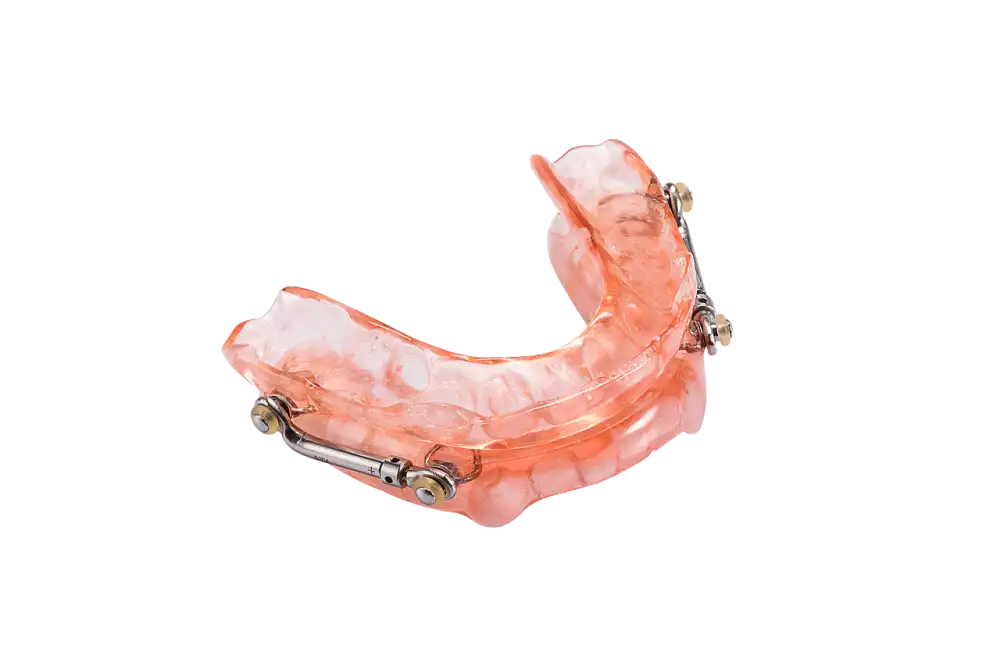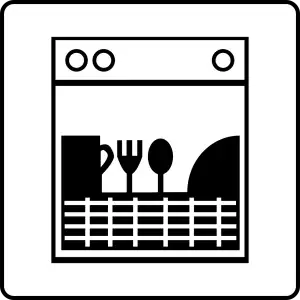Discover the Safest Non-Toxic Kitchen Appliances for Your Home

In today's health-conscious world, the importance of non-toxic kitchen appliances cannot be overstated. These appliances are designed to minimize exposure to harmful chemicals and substances that can leach into our food during the cooking process. By opting for non-toxic kitchen appliances, you can create a safer and healthier environment in your home. From cookware to small kitchen gadgets, there are now numerous options available that prioritize safety and well-being without compromising on performance or style. Let's explore the benefits of incorporating non-toxic kitchen appliances into your culinary space.
Benefits of Using Non-Toxic Kitchen Appliances
When you opt for non-toxic kitchen appliances, you are choosing safety for yourself and your family. These appliances are free from harmful chemicals like BPA, lead, and phthalates that can leach into your food and pose health risks. By using non-toxic appliances, you reduce the chances of exposure to toxins linked to various health issues such as cancer, hormonal disruptions, and respiratory problems. Additionally, non-toxic kitchen appliances are environmentally friendly as they do not release harmful substances into the air during use or disposal. Investing in non-toxic kitchen appliances promotes a healthier lifestyle and contributes to a safer environment for all.
Common Harmful Substances Found in Kitchen Appliances
When it comes to kitchen appliances, there are several harmful substances that can be present, posing risks to your health and the environment. One of the most common substances is Bisphenol A (BPA), which is often found in plastic components of appliances such as food storage containers and water bottles. BPA has been linked to various health issues including hormonal imbalances and reproductive disorders.
Another harmful substance to watch out for is Perfluorooctanoic Acid (PFOA), commonly used in non-stick coatings on cookware and appliances like frying pans. PFOA has been associated with adverse effects on the liver, immune system, and development.
Additionally, Phthalates are chemicals often used in the production of PVC materials found in appliances like blender parts or food wrap. Phthalates have been linked to disruptions in hormone regulation and potential reproductive issues.
Being aware of these harmful substances can help you make informed decisions when selecting kitchen appliances for your home. Opting for non-toxic alternatives can significantly reduce your exposure to these potentially harmful chemicals and create a safer cooking environment for you and your family.
Tips for Choosing Non-Toxic Kitchen Appliances
When choosing non-toxic kitchen appliances, look for products that are labeled as BPA-free, phthalate-free, and lead-free. Opt for stainless steel or glass materials over plastic whenever possible, as they are less likely to leach harmful chemicals into your food. Research the brand's reputation for using safe materials and environmentally friendly manufacturing processes. Consider Energy Star certified appliances to reduce energy consumption and minimize exposure to toxins released during operation. Reading product reviews and seeking recommendations from trusted sources can also help you make informed decisions when selecting non-toxic kitchen appliances for your home.
Top Non-Toxic Kitchen Appliance Brands
When it comes to choosing non-toxic kitchen appliances, there are several reputable brands that prioritize safety and quality. Some of the top non-toxic kitchen appliance brands include Bosch, KitchenAid, Miele, and GE Appliances. These brands are known for their commitment to using materials that are free from harmful chemicals such as BPA, phthalates, lead, and other toxins. By opting for appliances from these trusted brands, you can ensure that your kitchen is equipped with safe and environmentally friendly products that contribute to a healthier home environment.
How to Maintain and Care for Non-Toxic Kitchen Appliances
Maintaining and caring for non-toxic kitchen appliances is crucial to ensure their longevity and continued safety. Here are some tips to help you keep your appliances in top condition:
1. Regular Cleaning: Wipe down surfaces with a mild detergent or vinegar solution to remove any residue or buildup that can harbor bacteria.
2. Check for Leaks: Inspect hoses, seals, and connections regularly for any signs of leaks or wear that could compromise the appliance's safety.
3. Follow Manufacturer's Instructions: Always refer to the manufacturer's guidelines for cleaning and maintenance to prevent damage or voiding warranties.
4. Avoid Harsh Chemicals: Use non-toxic cleaning products when cleaning your appliances to avoid introducing harmful chemicals into your kitchen environment.
5. Proper Ventilation: Ensure proper ventilation around appliances like ovens and stovetops to prevent overheating and potential off-gassing of chemicals.
By following these simple maintenance tips, you can ensure that your non-toxic kitchen appliances continue to provide a safe and healthy cooking environment for you and your family.
Investing in non-toxic kitchen appliances is crucial for maintaining a safe and healthy kitchen environment. By choosing appliances free from harmful substances such as lead, BPA, and phthalates, you can reduce the risk of exposure to toxins that may leach into your food. Opting for reputable brands known for their commitment to quality and safety ensures that you are making a wise choice for your family's well-being. Regular maintenance and proper care of these appliances will prolong their lifespan and effectiveness, further contributing to a healthier kitchen space. Prioritizing non-toxic kitchen appliances is a simple yet impactful way to create a safer cooking environment for you and your loved ones.
Published: 06. 04. 2024
Category: Home



